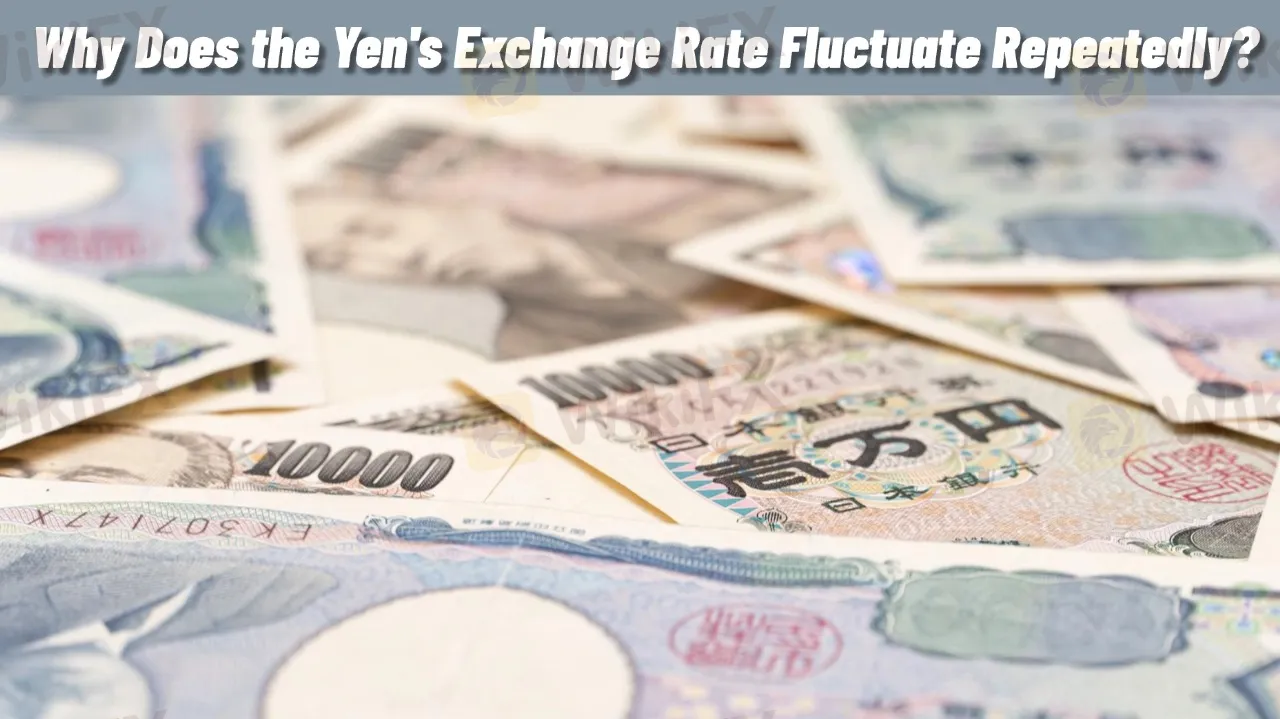简体中文
繁體中文
English
Pусский
日本語
ภาษาไทย
Tiếng Việt
Bahasa Indonesia
Español
हिन्दी
Filippiiniläinen
Français
Deutsch
Português
Türkçe
한국어
العربية
Why Does the Yen's Exchange Rate Fluctuate Repeatedly?
Abstract:JPY Exchange Rate Fluctuations: How Should Investors Respond?

Recently, the Japanese yen has experienced continuous fluctuations, briefly depreciating to around 151 yen per U.S. dollar on March 25. Shifting market expectations regarding U.S. trade policies have led to an unclear direction for the yen‘s movement. Although some tariff measures have been eased, market sentiment remains cautious, causing repeated short-term volatility in the yen’s value.
The yen's instability stems from multiple complex factors. First, U.S. trade policies may simultaneously drive inflation and curb economic growth, leading to fluctuating expectations for the U.S. dollar. Second, the monetary policies of the Bank of Japan and the Federal Reserve remain uncertain—while the BOJ may consider rate hikes, the Fed faces potential rate cuts. Changes in interest rate differentials significantly impact market trading strategies. Additionally, speculative capital moves rapidly in and out of the market, amplifying short-term fluctuations and making it difficult for the yen to establish a stable trend.
How Can Investors Navigate Market Volatility?
Amid sharp exchange rate fluctuations, investors should closely monitor interest rate policies in both Japan and the U.S. and adjust their trading strategies based on market expectations. In uncertain conditions, short-term traders can capitalize on price swings, while long-term investors should carefully time their entries to avoid excessive exposure during periods of heightened market sentiment. Additionally, prudent risk management is essential to prevent unnecessary losses from sudden market shifts.

Disclaimer:
The views in this article only represent the author's personal views, and do not constitute investment advice on this platform. This platform does not guarantee the accuracy, completeness and timeliness of the information in the article, and will not be liable for any loss caused by the use of or reliance on the information in the article.
Read more

MetaTrader Support Ending July 2025: Update Now or Risk Losing Access
MetaQuotes, the global leader in trading platform development, has officially announced the end of support for outdated versions of MetaTrader 4 (MT4) and MetaTrader 5 (MT5) effective July 1, 2025.

Proposed ₦30 Billion Annual Pension Scheme Signals Major Reform Ahead
The government’s plan to distribute ₦30 billion in annual pensions could mark a turning point in civil servant welfare, sparking widespread market interest.

Saxo Bank vs. Fusion Markets: A Straightforward Broker Comparison
When it comes to choosing a forex and CFD broker, traders often face a key question: do you go with a trusted, global institution like Saxo Bank, or a low-cost, flexible option like Fusion Markets? Both brokers offer unique advantages, but they’re built for very different types of users.

FXTM Launches New Client Promotion in Malaysia
FXTM, a well-established and trusted name in the trading industry, has launched an exclusive promotion for new clients in Malaysia. Running from June 16 to July 15, 2025, the New Client Promotion offers newcomers the chance to receive up to $120 in cash rewards, plus extra trading cashback of up to $7 per lot.
WikiFX Broker
Latest News
Tether Freezes $12.3 Million in USDT Over Money Laundering Concerns
MiCA Unlocks EU Crypto Market, but National Tensions Rise as Gemini and Coinbase Near Approval
Retirement Dreams Shattered: Don't Do This To Yourself!
Philippines Sets Southeast Asia’s First Crypto Regulatory Framework
EU Regulators Imposed Over €71M in Sanctions in 2024, ESMA Calls for Enforcement Convergence
FortuixAgent Review 2025: Is it Scam or Legit?
Danske Bank expects the European Central Bank to make its final interest rate cut in September.
No Regulation, Revoked Licence: Is Tradehall Safe to Use?
FXGT.com Trading Platform Review 2025
ATTENTION! Red Alert on These Brokers !
Currency Calculator


